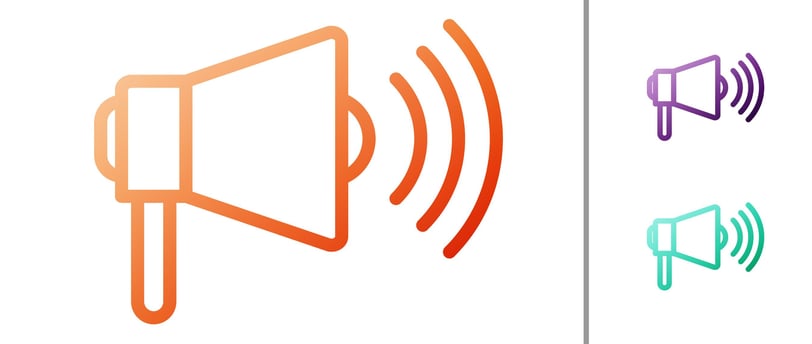Why tone of voice matters in business correspondence
Benefits of using a particular tone, such as building relationships with customers or creating a professional image.
SOCIAL MEDIASOCIAL SELLINGSTORYTELLINGSALESB2B


In a world where communication is increasingly impersonal and digital, we often need to remember the impact of tone of voice on our business correspondence. Whether emailing, writing a proposal, or drafting a social media post, communicating with your colleagues, clients, and audience can make an enormous difference in how they perceive you and your business.
Tone of voice refers to the attitude or emotion conveyed through your words, expressions, and intonations. It’s not what you say but how you say it that can affect the listener’s perception of you. This means that mastering tone of voice is essential to successful business correspondence.
In this article, we’ll explore reasons voice matters in business correspondence and tips on improving your own.
Convey sincerity
One of the most critical functions of tone in business correspondence is conveying sincerity. In today’s world, where communication is digital, human touchpoints build trust and loyalty to stakeholders.
When crafting a message, whether an email or a proposal, ensure that the tone conveys empathy and genuineness from the recipient’s perspective. We could achieve this by using phrases like “I understand,” “Thank you,” or “I appreciate.”
However, while expressing gratitude through these phases can convey sincerity in your message, excessive use would make it seem insincere, calling into question the actual reason for communicating with them and impeding building a positive relationship.
Affect professionalism
Not only does tone convey sincerity, but it also conveys professionalism - which is even more vital when dealing with individuals unfamiliar with you personally. Especially when writing cover letters or resumes, the improper tone could lead to rejection within seconds by recruiters who make their initial selection based on incoming applications.
Professionalism is conveyed through the use of formal language and omitting informal language. In business settings where instances of miscommunication may lead to negative consequences., it’s essential to limit informal language usage no matter how friendly you are with colleagues.
For instance, in a meeting email setting, one would open an email with “Dear Ms/Mr Last Name” rather than casual greetings such as “Hey” or even “ Hi,” which can be interpreted as too informal and unprofessional, making it difficult to appraise the content presented.
Impact understanding
Besides conveying sincerity and professionalism, tone impacts how well your audience understands your message. An inappropriate tone could lead to misunderstanding even if the words used in correspondence seem correct at first glance.
Suppose your tone appears agitated, confrontational, or sarcastic. In that case, it will undermine any good points in your message, leading to a loss of mutual understanding among participants in any project and ineffective progress from collaborating initiatives.
To avoid this pitfall while remaining forthright, make clear and concise points without resorting to what we might see as unprofessional remarks, which would distract attention from the purpose of the correspondence.
Build relationships
The best way for businesses- especially sales – to build solid relationships and connections with their targeted audiences is through effective communication that conveys sincerity and empathy and shows them they are concerned about their well-being.
By writing with empathy, businesses can foster a sense of trust between themselves and customers, creating return patronage. It establishes empathy at all levels between organizations and builds relations.
Set the mood
It’s essential for businesses today to have an established digital profile online via social media platforms. To maximize social media presence, active companies must create winning product content communicated contextually for successful engagement.
In these communications, we use the tone of voice to influence emotions and establish mood. An upbeat tone generates a cheery atmosphere, leading to higher engagement rates when using negative undertones, which reduces the appeal of what’s being proposed or blurs the message.
These are a few reasons tone of voice matters in business correspondence. By paying attention to your communication style, you can improve the effectiveness of your business relationships, build trust with your audience, and communicate your ideas more persuasively.
